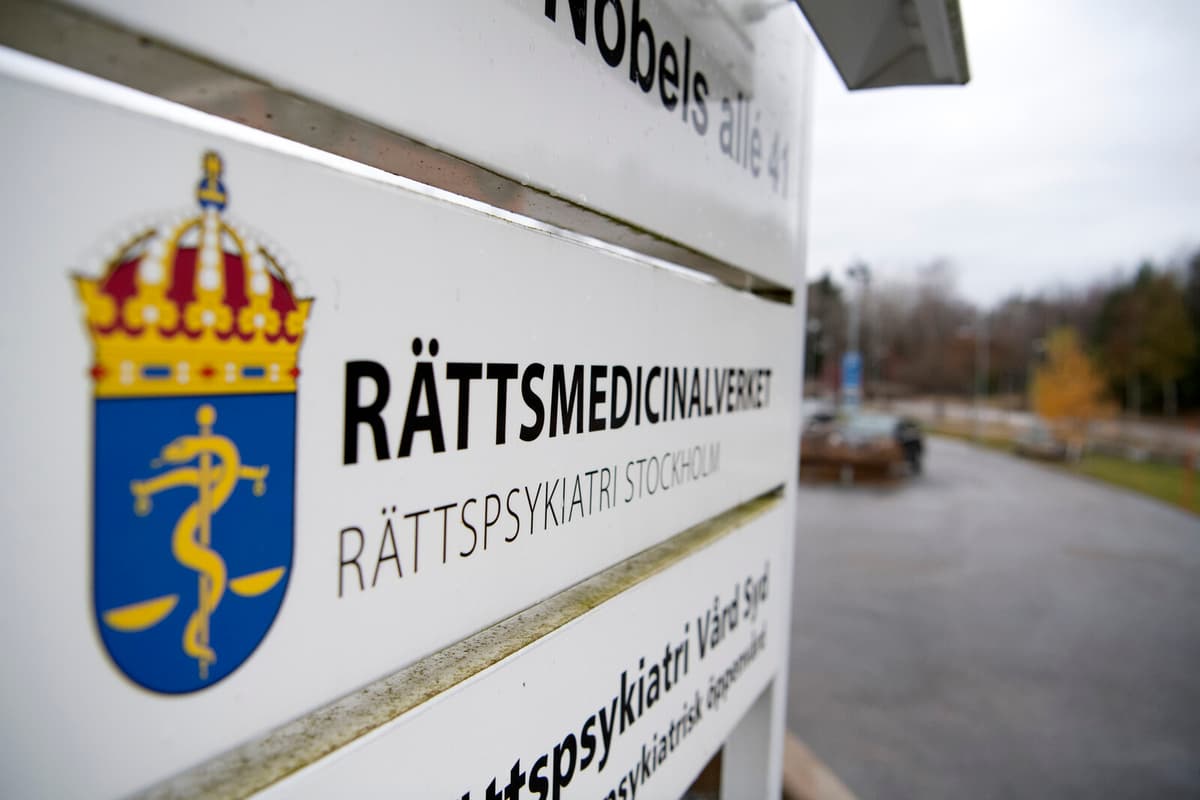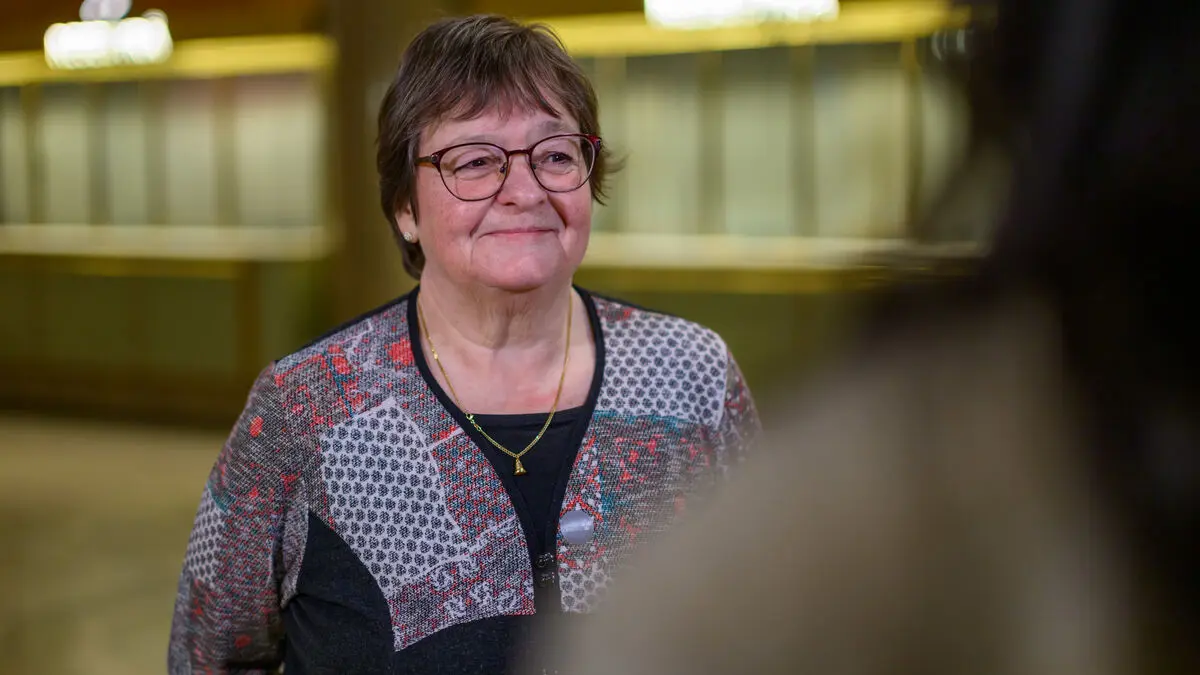Nationally, the occupancy rate in forensic psychiatry is 108 percent, according to the latest figures from the Swedish Association of Local Authorities and Regions (SKR). The region with the lowest occupancy rate has 98 percent, while the highest is a region with 144 percent.
Pähr Forsberg, head of operations at the regional clinic in Vadstena, which has 86 beds but 93 inpatients, believes that the figures do not show how bad the situation really is.
The figures only show which patients we have managed to admit and that we are bursting at the seams. It does not show all the patients who should be here.
The mission of forensic psychiatry includes, in addition to caring for convicted persons, caring for detained and arrested individuals and assisting adult psychiatry with particularly demanding patients. None of these tasks can be handled by forensic psychiatry in Östergötland. And it has been like this for several years, says Forsberg.
Full everywhere
Previously, regions have been able to solve bed shortages by buying beds in other parts of the country. Now it's full everywhere.
I think it's been nine months since I even tried to call and get a bed, I know, there are no beds, he says.
A serious consequence is that forensic psychiatry is forced to place patients in general psychiatry. This means fewer beds for those who need care but are not convicted of crimes, says Susanne Andersson, chief physician at the forensic psychiatric clinic Karsudden outside Katrineholm.
If it doesn't calm down, it will become a very serious problem, primarily because general psychiatric care is being drained, she says.
During my years, I have never seen such occupancy as we have today, when I look across the country.
Even Pähr Forsberg says that the situation is unprecedented.
It has escalated enormously over the past two years.
The bed shortage is mainly due to the fact that care times have increased significantly. What it depends on is not known with certainty, the question will be investigated by SKR.
Convicted on the loose
Today, Östergötland is estimated to lack 38 beds to fulfill its mission. The consequence is that there are twelve convicted individuals who are either in custody or on the loose waiting for a bed.
The person who has been on the loose the longest should have started their care in April 2023, says Forsberg.
I am dismayed that we have people who are seriously ill and do not receive the care they are entitled to. Then it would naturally be terrible if they committed new crimes because we failed to fulfill our social protection mission. It's a frightening thought.
Those who suffer from a serious mental disorder and commit a crime should not be sentenced to prison, but to forensic psychiatric care. For most who are sentenced to forensic psychiatric care, a so-called special release investigation (SUP) is also decided.
SUP means that the administrative court, not the chief physician, decides when a patient is discharged. The court must in those cases make a comprehensive assessment of the person's situation, where they particularly consider the risk of reoffending.
In 2023, forensic psychiatric care was the main sentence in 331 verdicts, of which 51 were against women and 280 against men. Compared to 2014, the number of verdicts with forensic psychiatric care as the main sentence has increased by 27 percent.
At the same time as more people have been sentenced to forensic psychiatric care, care times have increased over several years.
In 2023, over 2,000 people were cared for within forensic psychiatric inpatient care.
Source: Brå, SKR






